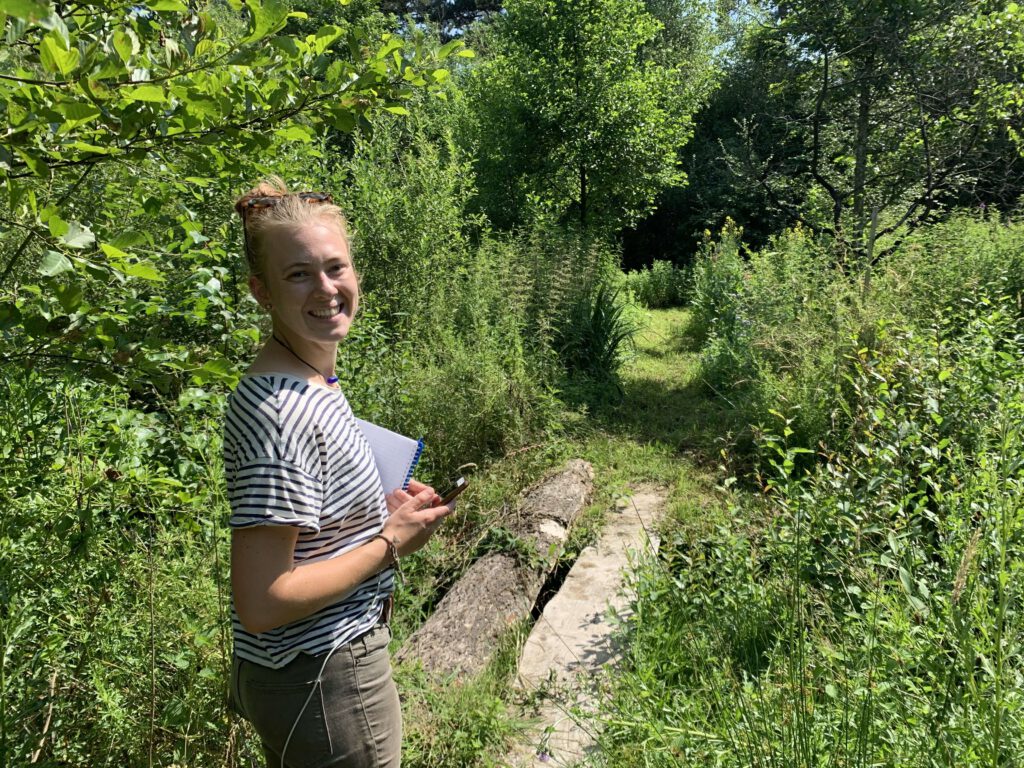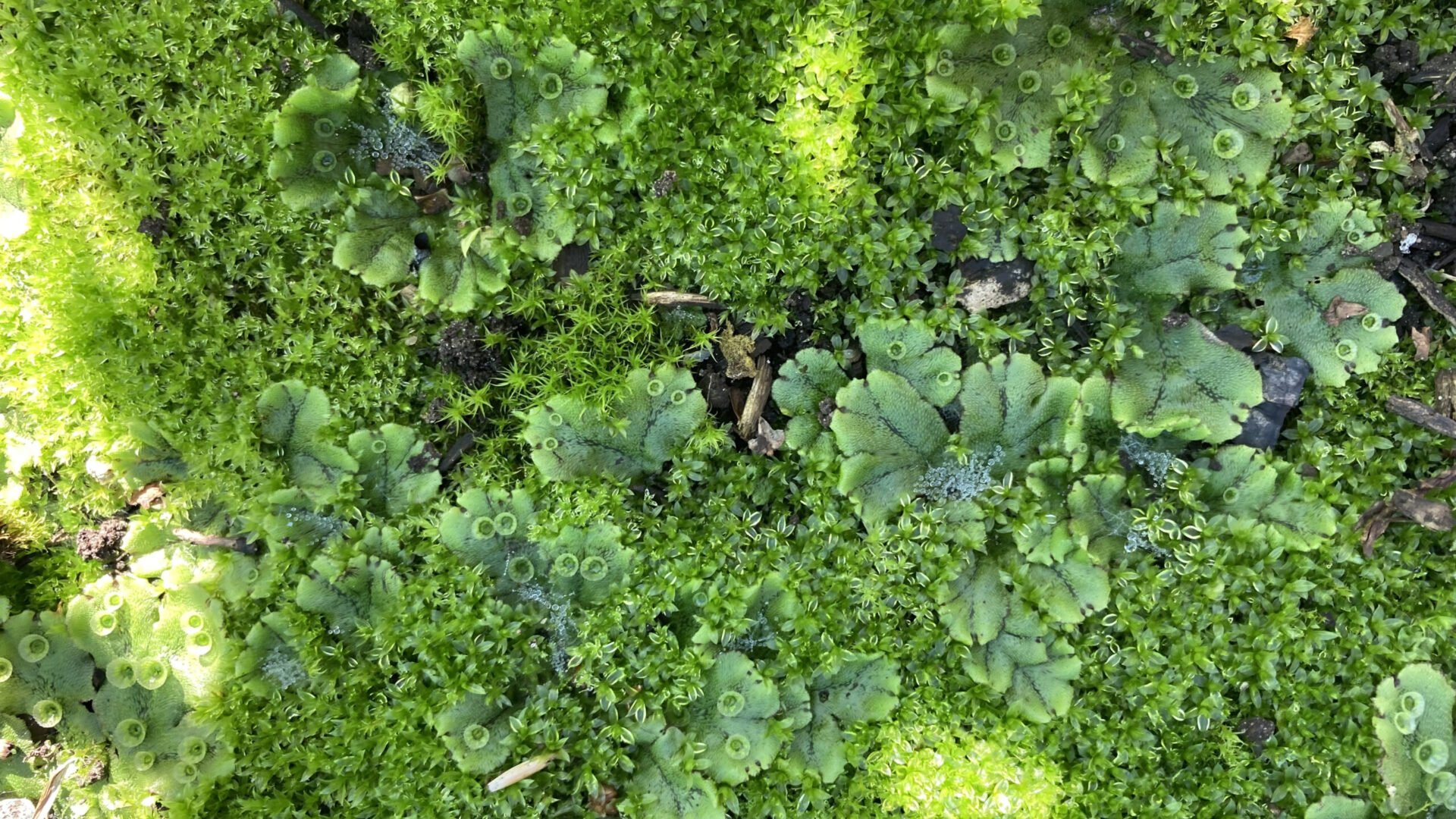An answer to worldwide deforestation
My graduation project

For my graduation project, I knew from the beginning what the subject would be: FOOD FORESTRY. As I learned in my previous internship in south-America, the biggest driver worldwide of deforestation is agriculture. So, when I heard about food forestry for the first time, it all made sense. We CAN produce food and preserve a healthy forest ecosystem and its biodiversity. I discovered that Wageningen Environmental Research was already doing research on this topic. So, I got in touch, and before I knew I was an intern at WENR working in a combined project with The Plant on citizens science! My research goal was to validate three ecological monitoring tools for food forests, namely the soil composition test, biodiversity test and CO2-sequestration in trees test.
Every food forest is different
After about two weeks (mid-June, which means mostly sunny weather!), it was time to start the field work, which definitely was my favourite part of the project! During the project I visited 20 food forests. The fact that every food forest had its unique story, context and focus made it extra interesting. Besides, it was a huge bonus to meet all the different passionate food forest owners.
To compare the results both me and the food forest owners carried out the monitoring tests independently in a narrow time window. Thus, after my visit to the food forest, the owner had to carry out the tests themself. It was somewhat frustrating that I often had to remind and push owners to do their tests and fill in their results on the website. Since I needed these results to continue my research.
Data analysis
After the summer holidays, I finally gathered all my data. I could start analysing the data. The biodiversity test scored the highest accuracy. The CO2-sequestration in trees test also needed some fine tuning, but already produced some solid results. Unfortunately, the soil test required some soil science knowledge and experience and proved often too complicated for the owners. With some revision of the tests, food forestry data generated in this citizen science tool can be more reliable in the future.
My enthusiasm has grown
I have learned a lot during my graduation project! My enthusiasm for food forestry has only increased. I hope I can contribute more to food forestry in the future. Perhaps through living my biggest dream, owing a food forest of my own. Hopefully, I can call myself a ‘voedselboswachter’ one day too!
